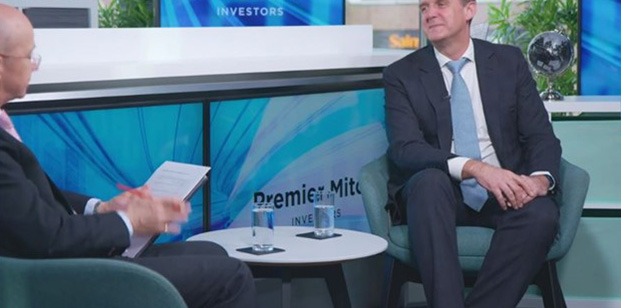BNY Mellon: Sponsor News
Free tips and help
Call Us: 020 3004 4479
Email: enquiries@adviser-hub.co.uk
News - BNY Mellon
Venezuela’s sink-or-swim moment
Determining just when Venezuela might run out of money is complicated by several factors, one of which is the poor quality of official economic data, which makes it difficult to gauge precisely how dire the country’s fortunes are. While many energy-producing emerging markets are struggling due to low oil prices, Venezuela’s unique political culture and fiscal policies leave the country with fewer options than other countries have in order to address a balance of payments crisis of this nature.
A Golden Opportunity
Year to date, the price of gold has climbed over 16% in US dollar terms – and our view on the use of it within an investment portfolio has not significantly changed. Much of the polemic surrounding gold involves a comparison with other assets such as equities. The inference is that if you are pro-gold, you are anti-stocks, anti-innovation and anti-prosperity.
Why go global?
So far in 2016 the investment environment has been volatile: markets started the year with a dramatic sell-off only to rebound significantly from mid-February, with some of the sectors and regions that were most aggressively ditched rallying the most.
The rise and rise of direct lending
Changing banking attitudes to risk and a reduction in lending to medium-sized companies have created a shortage of capital in a European loans market heavily dependent on the banking sector.
Population dynamics in action: Japan’s inconvenient truth
Abenomics was launched in late 2012 by Japanese Prime Minister Shinzo Abe and trumpeted a 2% per annum increase in consumer prices within 2 years. But the rate of increase in the Consumer Price Index (CPI) has been near 0% per annum over the past 12 months. Even excluding food and energy prices, the rate is currently only 0.5% per annum, while the growth in real GDP has averaged just 0.5% year-on-year for the past two years. In addition, export volumes have risen by less than 5% from their levels in 2012, despite the benefit of significant currency depreciation.
This content is provided by Market Eye, BNY Mellon’s blog. You can register to receive Market Eye updates by using the subscribe function below:
Argentinian sovereign debt: oversubscribed and overrated?
We feel the market’s response to the Argentinian sovereign debt offer has perhaps been somewhat overenthusiastic. While we applaud the achievements made thus far, Argentina remains a B- rated country and therefore heavily sub-investment grade. At the same time, there remains a lot to be done and [the country] must continue with a package of severe fiscal consolidation.
Can Q2 earnings reinstate the customary “surprise”?
Revisions to quarterly S&P 500 earnings forecasts have followed a familiar pattern every quarter for a number of years, until the two most recent quarters.
Previously, in the year leading up to the beginning of the quarter, the forecast is reduced an average of 6%. Then during the quarter and right up to the report date, earnings are cut an additional 4%. Subsequently, when actual earnings are announced there is a positive “surprise” of around 3%.
Latest News
Get In Touch
Find Us On Map
Weekly Market Updates
Latest Business News
Keep up to date with financial market notifications & advice to further your business opportunities






















